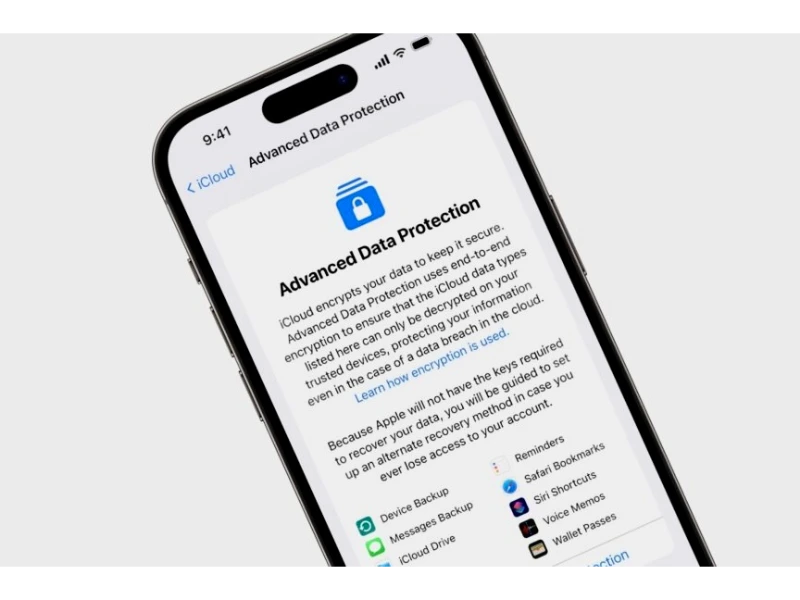- UK government loses bid to keep Apple encryption case private
- Tribunal backs public interest over national security claim
What happened: UK tribunal rejects government’s bid
A UK tribunal has denied the government’s request to conduct its legal dispute with Apple in secret. The case centers on the government’s demand that Apple create a backdoor to access users’ encrypted iCloud data, as permitted under the Investigatory Powers Act.
The ruling, published on 8 April by the UK Investigatory Powers Tribunal, dismissed the Home Office’s argument that national security concerns justified keeping the case private. Instead, the tribunal upheld public interest arguments raised by Apple and several media organizations.
The existence of the case was first reported earlier this year, believed to be the result of controlled leaks by Apple. It emerged that the UK had not informed US authorities of its move against the American tech company and had attempted to keep the matter under wraps.
Now, if the government wishes to proceed, it will be required to make at least some of its rationale public.
Also Read: Colt concludes quantum encryption trial
Also Read: Demystifying data encryption
Why it’s important
This case has major implications for privacy and encryption worldwide. The UK government’s request to break Apple’s encryption could set a dangerous precedent, potentially weakening security for millions. The ruling also emphasizes the importance of transparency in government actions, particularly when it comes to surveillance and public safety. As digital rights groups argue, any compromise on encryption affects not just UK users, but privacy across the globe.
The case also raises questions about future tech regulations and the balance between national security and individual privacy. If the UK continues its pursuit of this case, the public will have a clearer understanding of how governments might approach surveillance in the digital age.

